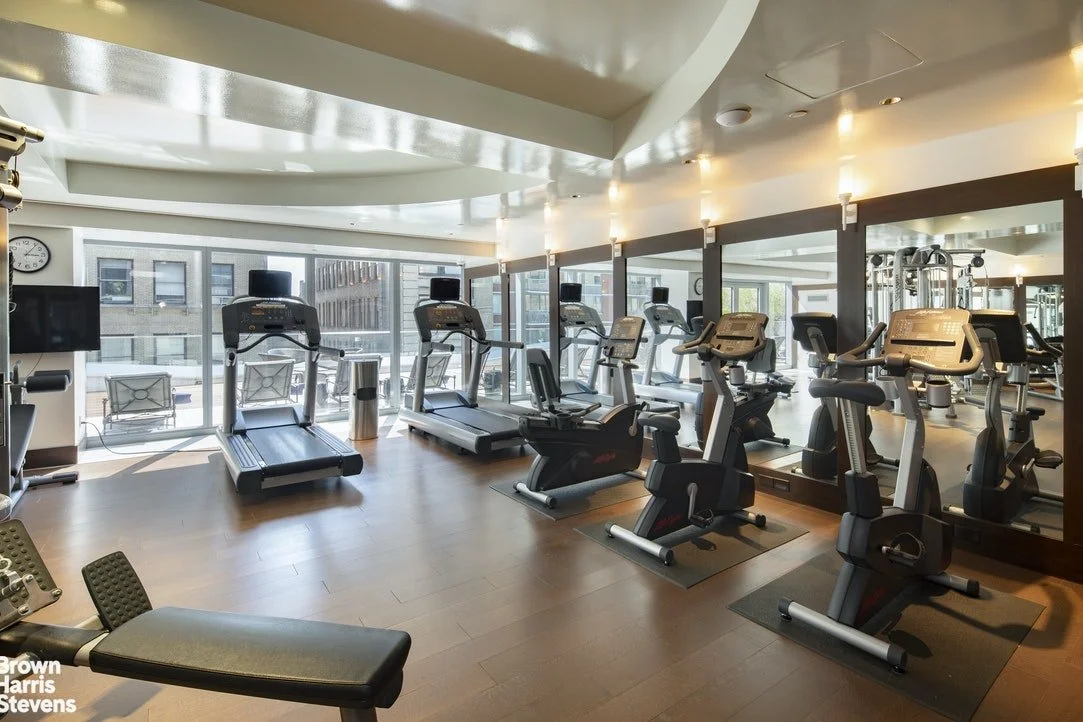Should You Buy a Second Home? 5 Reasons to Own More than One Property
Buying a home is a huge investment, but it’s worth it in the long run because real estate is one of the few investments that almost always appreciates. This means that you can sell the property for more than what you originally paid for it, making a profit. Because real estate is such a great investment, is it a good idea to buy a second home and additional properties? Here’s a look at five reasons why you should at least consider investing in another property.
#1: Make it Your Vacation Home
One of the main reasons that some people own a second property is because it’s their vacation home. A vacation home is perfect for not only family vacations, but also spontaneous family gatherings as the go-to spot for your family. It’s also convenient because you have an extra property to store vacation items that you may not be able to store on your main property, such as water skis and other outdoor recreation items. Finally, purchasing a vacation home near your favorite getaway location means that you’ll never have to worry about booking a hotel— you’re guaranteed a place to stay and you’ll always be comfortable.
#2: Prepare for Retirement
Owning a second property can mean that you already have your retirement home picked out. Many people currently live in a home that may not be the safest option when they age— meaning that the home presents many opportunities for a senior fall (e.g., multiple stores/stairs, ceramic/slippery flooring, etc.). Your second property can be a single-story home that has low-pile carpet and/or other types of soft flooring to limit your risk of having a fall in later life. You can also choose a home in a different location, and it can double as a vacation home and your future retirement home. Consider a retirement home builder that is focused on improving the lives of 55+ homebuyers.
#3: Earn Rental Income
Buying a second home doesn’t necessarily mean that you have to live in it— you can always rent it out to another person/family and earn rental income, and doing this can help you pay off the mortgage. You can choose to continue renting the property to tenants, or you can choose to make this your vacation home or retirement home later on down the line. However, the majority of people choose to continue to rent their second property to tenants because it’s a good way to earn passive income, or income that you don’t have to work as hard for. Just keep in mind that you’re still responsible for the maintenance of your second property, but you can hire a property management company to manage it for you.
#4: Financing is Easy
There are many options available when it comes to home ownership, and the good news is that if this is your second property, you’re already familiar with the home-buying process and the many financing options available, such as bank and credit union mortgage loans. One thing to keep in mind is that even though there are many financing options available, you may still need to meet certain eligibility requirements depending on where you get your loan. The most common requirement is having a credit score of at least 620, but this (and other requirements) can vary depending on the lender you choose.
#5: Tax Benefits
Another benefit that you’re probably already familiar with is the tax benefits that come with owning property because homeowners are able to deduct mortgage interests and property taxes from their yearly taxes. Just keep in mind that you’re only able to deduct these items if your home is being used as a second property and not a rental property. However, in most places, the second home is still eligible for tax deductions as long as the property isn’t rented out for more than two weeks out of the year. You may not be able to make much money renting it out in this way, but rental properties are eligible for certain tax deductions of their own.
If owning a second home sounds like something you’d like to do, then it’s an idea worth looking into. You also don’t have to stop at a second home— if your financial situation allows for it, you can purchase other types of residential properties (e.g., multi-family homes) to earn passive income and help finance other properties you may be interested in, such as a vacation home and/or a retirement home.






